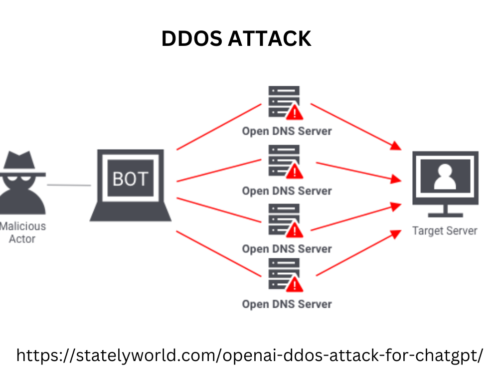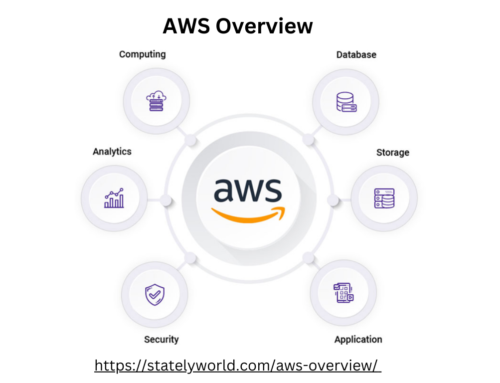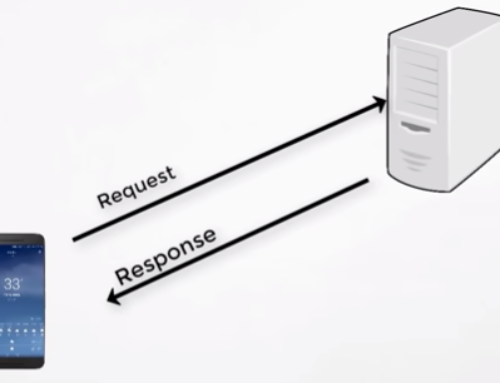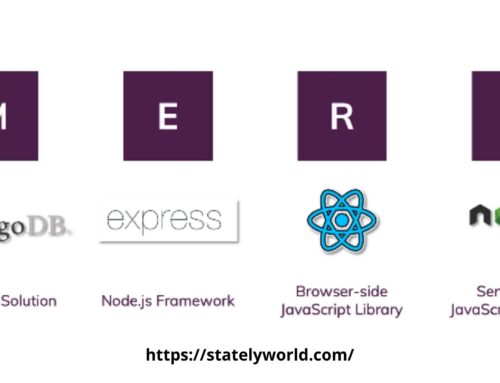Explore the power of programming comments!
Explore the power of programming comments!

Comments in programming are not just notes for the developer; they are critical pieces of documentation that help maintain the code, flag potential issues, and suggest improvements or optimizations. Let’s explore some common types of comments used in programming and what they signify.
FIXME:
// FIXME: This function throws an error in some situations.
This type of comment is used to highlight a known issue within the code that requires fixing. It’s a call to action to address a specific problem.
NOTE:
// NOTE: This algorithm has a time complexity of O(n^2) and may not be suitable for large datasets.
Notes are used to point out important details or considerations about the code that may not be immediately obvious to other developers.
HACK:
// HACK: This is a temporary fix for the issue; a better solution is needed.
Hack comments are used to indicate a workaround or a quick fix that is not intended to be a long-term solution.
IDEA:
// IDEA: Consider refactoring this function to improve readability.
Idea comments suggest potential improvements or enhancements that could be made to the code in the future.
REFACTOR:
// REFACTOR: This block of code can be simplified by extracting it into a separate function.
Refactor comments are used to suggest areas of the code that could benefit from restructuring to improve maintainability or readability.
REVIEW:
// REVIEW: Please review this code for potential bugs and improvements.
Review comments are a request for other developers to examine the code closely, often used in team environments to ensure code quality.
OPTIMIZE:
// OPTIMIZE: This database query can be optimized to reduce load times.
Optimize comments point out code that could be made more efficient, often with a focus on performance improvements.
WARNING:
// WARNING: Changing this configuration setting may have unintended consequences.
Warning comments are used to caution developers about potential side effects or risks associated with modifying the code.
DEPRECATED:
// DEPRECATED: This method is no longer supported; use the newMethod() instead.
Deprecated comments indicate that a piece of code is outdated and a newer, preferred alternative exists.
CONSIDER:
// CONSIDER: Is there a more efficient way to accomplish this task?
Consider comments invite developers to think about alternative approaches or solutions that might be more effective.
Understanding the nuances of these comments can significantly enhance code quality and team communication. They serve as a guide for both current developers and those who will maintain the code in the future.























